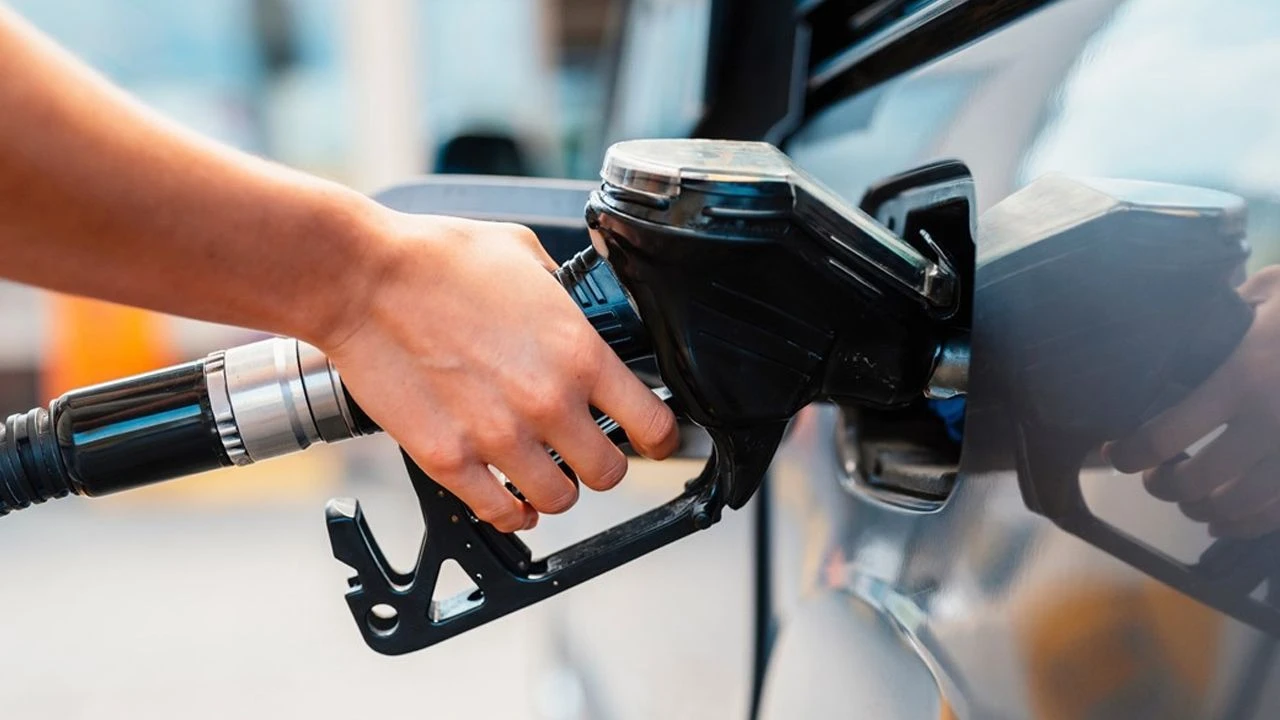

One of the most important aspects to consider during the car rental process is fuel policies. Different companies apply various fuel policies depending on customer needs and their service approach. Choosing the right policy helps protect your budget and ensures a smoother journey. Therefore, knowing which fuel policy suits you best is crucial for a pleasant and well-planned travel experience.
The full-to-full fuel policy is the most commonly used method in the car rental sector. In this system, the car is delivered with a full tank, and the customer is expected to return it in the same condition. This method is considered one of the fairest options for both the customer and the company.
Customers only pay for the fuel they actually use, preventing unnecessary additional costs. Moreover, this policy is preferred for its transparency and simplicity. Choosing the full-to-full option helps you manage your budget more effectively.
Under the full-to-empty fuel policy, the car is delivered with a full tank, and the customer is expected to return it with an empty one. In this case, the customer pays the refueling cost upfront at the start of the rental. However, any unused fuel left in the tank is non-refundable.
The advantage of this system is that customers don’t need to refuel before returning the car. The disadvantage, however, is the wasted fuel left in the tank. This policy may be less cost-effective for short rentals but can be suitable for longer journeys.
The prepaid fuel policy allows customers to purchase a certain amount of fuel in advance when renting the car. This eliminates the need to look for gas stations during the trip, saving time. It is particularly convenient for busy business trips or urgent travel plans.
With prepaid fuel, the customer locks in fuel prices at the time of rental, avoiding fluctuations. However, no refunds are given for unused fuel. Therefore, prepaid fuel is most advantageous for planned and long-distance trips.
Fuel policies directly affect the total cost of car rentals. For example, the full-to-full policy ensures you only pay for what you use, while full-to-empty or prepaid options may result in extra costs for unused fuel. Therefore, customers should carefully consider fuel policies when aiming to protect their budget.
Additionally, the fuel policies offered by companies are closely linked to competitive pricing. Customers should not only focus on rental prices but also take into account the extra costs arising from fuel policies. This way, it’s easier to find the most affordable and reliable rental option.
The rental period is an important factor in determining the most suitable fuel policy. For short-term rentals, the full-to-full policy is the most transparent and customer-friendly option. You only pay for the fuel you use and avoid unnecessary costs.
For long-term rentals, prepaid or full-to-empty policies may sometimes offer advantages. Since you are likely to use the entire tank during long journeys, the issue of unused fuel becomes irrelevant. Rental companies may also provide more flexible fuel policies for long-term agreements.
One of the most common issues in car rentals is disputes during fuel returns. Companies usually expect the car to be returned with the same fuel level as when it was delivered. Therefore, it’s important to check the fuel gauge before returning the vehicle. If the full-to-full policy applies, make sure the tank is completely full.
Some customers assume a half tank is acceptable, but this can lead to extra charges. Companies may charge not only for the missing fuel but also for service fees. Since fuel prices vary between cities, choosing the nearest and most affordable station before returning the car is both cost-effective and convenient.
Fuel policies and mileage limits are two closely related factors in the rental process. For example, in rentals with limited mileage, the full-to-empty policy might be reasonable for short distances. However, for long-distance trips, the full-to-full policy is a fairer and more cost-effective choice.
Exceeding the mileage limit usually results in additional fees. Therefore, evaluating both the fuel policy and mileage limits together is essential. For long journeys, unlimited mileage combined with the full-to-full policy is ideal, while prepaid fuel can save time in short business trips.
Carefully reviewing the fuel clause in the rental agreement helps avoid potential disputes. The agreement should clearly state the type of fuel policy, return conditions, and any additional fees. If these details are not provided, customers should request written clarification from the rental company.
In addition, the agreement should specify the fees applied for missing fuel upon return. Otherwise, customers may face unexpected costs. Therefore, it’s important to examine both the fuel policy and related penalty terms before signing.
When choosing between rental companies, it’s important to compare not only prices but also fuel policies. The first step is to check the details of each company’s policy. While some only offer full-to-full, others may provide full-to-empty or prepaid options.
The key is to assess how extra costs affect the total price. A company may offer a lower base rental fee but add higher costs due to its fuel policy. Comparing both rental prices and fuel policies together ensures the best decision.
No matter which fuel policy applies, fuel-efficient driving is the best way to save money. By using the right driving techniques, you reduce fuel consumption and overall costs during the rental. For instance, avoiding sudden accelerations, not leaving the engine idling, and maintaining a steady speed all help minimize fuel use.
Planning your route before travel prevents unnecessary mileage. Keeping the car light, checking tire pressure regularly, and using air conditioning wisely are also effective ways to save fuel. By applying these tips, you not only drive in a more eco-friendly way but also make the most out of your chosen fuel policy.